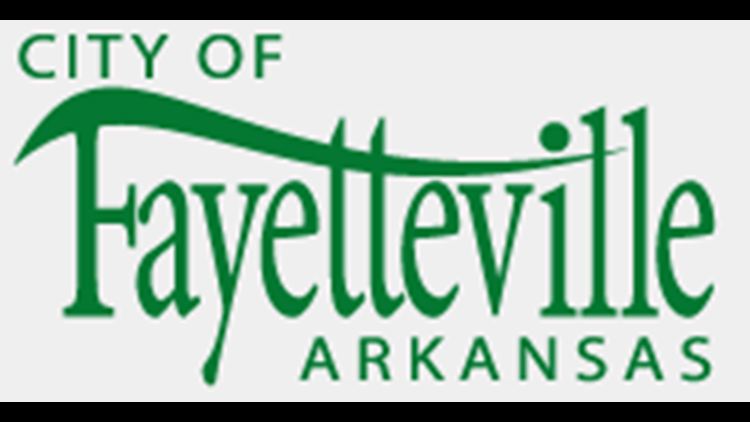FAYETTEVILLE (KFSM) – The Fayetteville City Council meeting was interrupted Tuesday night after an impromptu argument broke out between a booing crowd and one of the aldermen who said she was “ashamed” of the audience.
Spectators overwhelmingly spoke out against an ordinance proposed by the council that would create a new position to uphold anti-discriminatory civil rights in the city. The proposed ordinance also would ban several discriminatory actions, the ordinance states.
Few locals spoke out in favor of the proposal, prompting city councilmember Sarah Marsh to urge more victims of discrimination to come forward, noting the large number of residents who spoke out against the proposal.
“I am ashamed there is so much darkness in the heart of this community,” Marsh told the crowd, after which a chorus of boos rang out.
The alderman went on to say she saw people who otherwise might be in favor of the proposal leave because of “hateful statements” made by audience members. A member of the crowd asked her which statements were hateful and how she knew that is why they left, to which Marsh responded, “I could see it in their faces. I am outraged.”
Several members of the crowd yelled to the alderman that she was basically calling them racists. Others claimed she was being anti-Christian. Mayor Lioneld Jordan, who was chairing the meeting, had to bang his gavel several times and pleaded with the crowd to settle down.
The interruption came after a two hour discussion for which dozens of local residents showed up to speak about an ordinance proposed by Alderman Matthew Petty. That ordinance would create a civil rights administrator, who would be able to use the city’s police powers to ensure “all persons within the city have equal access to employment, housing and public accommodations,” the proposal states.
The amended ordinance must be read three times by the council before it can be approved. Aldermen on Tuesday night unanimously approved the second reading of the proposal.
Andy Wilson, executive pastor at Cross Church, said the proposed ordinance would make it more difficult for local churches to freely conduct outreach programs, although he did not specifically mention how the ordinance would conflict with church programs.
“I believe it’s dangerous against our First Amendment freedoms,” Wilson said.
Several other church leaders expressed similar concerns, saying the provision would seemingly single out religious organizations. One section of the ordinance states it shall be unlawful for business establishments to post or print materials which indicate a person’s patronage of or presence at the business is unwelcome or undesirable.
City attorney Kit Williams suggested Tuesday night the council should consider striking that section from the ordinance, noting it may be seen as prior restraint against First Amendment rights. The section was amended out of the proposed ordinance by a unanimous vote from aldermen.
After hearing public concerns, amendments were suggested to the proposal, including a change noting places of worship would not be compelled to open up their sanctuaries to groups or events whose interests and beliefs do not align with those places of worship.
A representative for the OMNI Center for Peace, Justice & Ecology said she does not believe the ordinance constricts First Amendment rights. Instead, it supports anti-discriminatory measures meant to protect citizens who otherwise may not be helped, she said.
The large crowd at the meeting was overwhelmingly against the proposal, with only a few speakers declaring their support for the amended ordinance.
The proposal states it would ban business establishments from discriminating against people based on real or perceived race, ethnicity, national origin, age, gender, gender identity, gender expression, familial status, marital status, socioeconomic background, religion, sexual orientation, disability and veteran status.
The proposed ordinance also bans discrimination measures while employing a person or conducting a housing or real estate transaction.
The proposed civil rights administrator position may use the city’s police powers to enforce the ordinance, if it passes, according to City Council documents.
Assistant City Attorney Blake Pennington wrote a memo to the council which states there “is no specific Arkansas statute expressly authorizing a municipality to enact an anti-discrimination ordinance.” The state Legislature, though, has authorized cities to use their legislative and police powers to enforce local statues as long as they do not conflict with state law, the memo states.
Pennington cites another state law that allows cities to publish new bylaws and ordinances which “provide for the safety, preserve the health, promote the prosperity and improve the morals, order, comfort and convenience” of the people in those cities.



